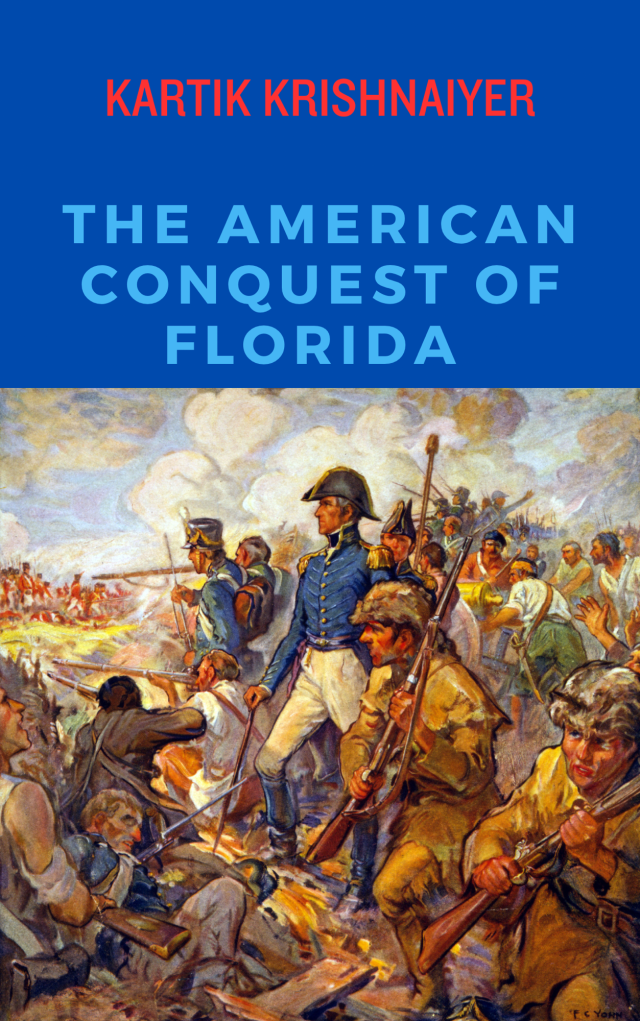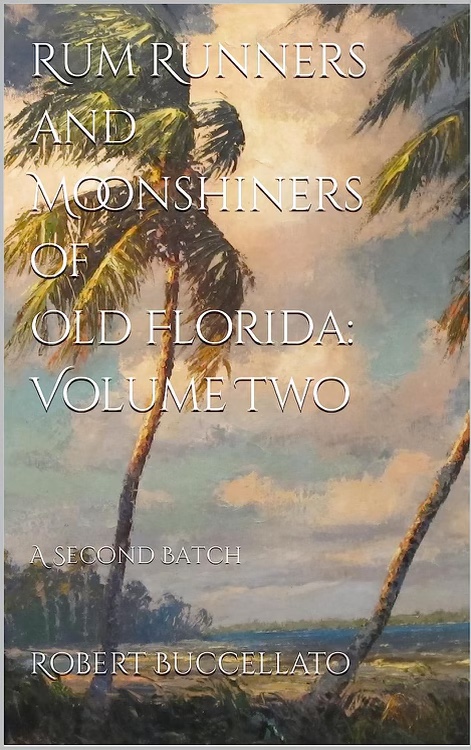Having just completed a long foreign trip (much of which was for business) I fell back into a stupor about wanting to read and watch films about the Civil Rights Movement and particularly the passage of the Civil Rights Act of 1964. Reading about the movement served as a reminder of the critical role Florida played in the bills passage- specifically St Augustine which the epicenter of MLK Jr. and SLC activity during the Senate filibuster of the legislation.
The amount of scholarship developed along with screenplays/movies about this period has exploded recently. This also helps explain the gradual shift in terms of history from considering Lyndon Johnson a “poor President,” to where absent Vietnam he is now largely considered a giant – except among a hard edge of ideological conservatives who fundamentally oppose Medicare, Civil Rights and poverty programs.
Lyndon Johnson’s reputation has been largely defined by Robert Caro’s masterful works on him. Caro’s initial LBJ biographies took a negative tone demonstrating Johnson’s limitless ambition in his early years and willingness to go to any means to win. The first two volumes of Caro’s “Years of Lyndon Johnson” were issued in 1982 and 1990, fresh after the pain of Vietnam. The next two volumes were issued in 2002 and 2012 were much more favorable to Johnson. Both also happened to be released in a period of time where LBJ’s domestic agenda was hailed by those on the left and the dismantling of the “welfare state” he envisioned was decried by intellectuals and those on the left who years earlier had associated Johnson with the disastrous policies in Vietnam.
Judgment Days: Lyndon Baines Johnson, Martin Luther King Jr., and the Laws That Changed America
The most interesting recent non-Caro book about LBJ involves his relationship with Martin Luther King. Judgment Days: Lyndon Baines Johnson, Martin Luther King Jr., and the Laws That Changed America
This is a book that gives us a real insight into how both men interacted, the pressures on both to not work together and importantly for Floridians the critical role the St Augustine efforts of MLK Jr, Andrew Young and others played in the passage of the Civil Rights Act of 1964.

Many of the important conversations from Kotz’s work between LBJ and congressional leaders, his staff and MLK Jr, are played out on the big screen in the excellent HBO movie, All the Way
Studies of LBJ often have an excessive emphasis on the President’s paranoia about Robert Kennedy. RFK paranoia plays into the film and bool but wisely isn’t the overarching theme of either work which in itself makes both the book and All The Way more credible with me. In fact, Kotz’s book makes it clear on multiple occasions despite personal animus, LBJ and RFK worked closely and productively during this period.
The film shows King as a principled but politically savvy operator who could compromise, something that is not always portrayed in films. The attitudes of Southern Democrats are well-portrayed in the film and the struggles between the liberal and conservative wings of the party are demonstrated. The President’s decision to court Republicans to get Civil Rights over the top because of Democratic opposition is played out on film as it happened in 1964. Brian Cranston is masterful as LBJ as is Anthony Mackie as MLK Jr.
The Congressional debate over the Civil Rights Act is well portrayed with Richard Russell (played by Frank Langella who always seems to pop up in political-themed TV shows or movies) Howard Smith, James Eastland and William Fulbright beyond portrayed almost perfectly based on my personal reading of history as well as Kotz’s book. Much of my prior knowledge of the debate over Civil Rights came from Robert Mann’s book When Freedom Would Triumph: The Civil Rights Struggle in Congress, 1954–1968 and I would not be surprised if that book was used as source material for Schenkkan and his team.
The film portrays an LBJ whose paranoia and anger often get the best of him, but a man whose legislative tactics were responsible for passage of the Civil Rights Act of 1964. Hubert Humphrey and J. Edgar Hoover are also well-portrayed in the film. Hoover is shown to be petty but equally paranoid as LBJ.
When it comes to the 1964 Democratic Convention and the Mississippi Freedom Democratic Party the battle over seating either the MFDP or the all-white segregationist delegation from the same state takes up a lot of time in the film – as it should. The film then takes us through the 1964 General Election campaign including the infamous “daisy commercial,” which only ran once.
A side plot of the film is the relationship between LBJ and his aide Walter Jenkins. When Walter Jenkins was arrested for a homosexual act in a men’s room in October 1964, LBJ distanced himself from his longtime aide and central figure in the year one of his Presidency. But Lady Bird Johnson made a statement of support for Jenkins, something portrayed in the film.
Another work, Rob Reiner’s film LBJ was released in theaters during 2017. Woody Harrelson plays a great LBJ Now on DVD and digital download it makes a good prequel to the Civil Rights era and highlights the tensions between LBJ and Ralph Yarborough (played by Bill Pullman), the leading Texas liberal.








[…] by The Florida Squeeze on 2019-02-10 09:00:48", "UK English Female"); } }; Originally posted by The Florida Squeeze on 2019-02-10 […]
LikeLike